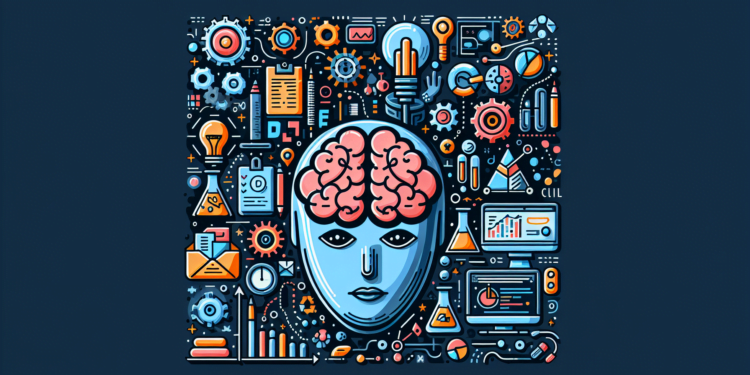Multi-Domain Learning (MDL) emerges as a sophisticated expansion of artificial intelligence (AI) that transcends the confines of learning specific to a single domain or task. The synergy between Statistical Learning Theory and Information Theory is evident in this discipline, proposing models capable of acquiring and transferring knowledge across multiple domains.
Fundamentals of MDL
MDL relies on the paradigm of transfer learning and multi-task learning. Unlike the traditional approach of training one model per task, MDL trains a single model to perform multiple tasks across different domains, thereby achieving more robust generalization. Central to this approach is the notion of shared feature space, where a representation is built that’s applicable in multiple contexts to perform various inferences.
Innovations in Algorithms and Neural Networks
In the pursuit of implementing MDL, contemporary research has developed algorithms with novel structures, such as Shared-Attribute Deep Neural Networks (SADNNs), which are trained to discern cross-domain features. A significant advance has been the creation of architectures based on Attention, highlighting relevant pieces of information for specific problems, even when data comes from disparate sources.
Challenges of Regularization and Adaptation
As more domains are incorporated into MDL, there is a risk of catastrophic interference, where the acquisition of new knowledge may undermine previous learning. To mitigate this, the research has proposed innovative regularization methods like Elastic Weight Consolidation (EWC), which favors the preservation of crucial parameters for prior tasks while adapting to new ones.
Federated Learning and MDL
Federated learning and MDL converge in scenarios where privacy and data distribution are essential. In these environments, multiple agents collaborate to learn a common model, keeping the data at its source. This implies additional challenges of synchronization and model coherence, recently addressed with optimization algorithms like Federated Averaging.
Practical Applications: Case Studies
Case 1: Medical Diagnosis Across Domains
A recent study explored MDL in the diagnosis of diseases from medical images, where models were trained to identify pathologies in x-rays of different parts of the body. Here, MDL proved capable of recognizing common patterns in similar diseases, thereby reducing the dependence on labeled data for each specific type of image.
Case 2: Multi-Modal Recommendation Systems
In the realm of e-commerce, recommendation systems have benefited from MDL to combine user behavior patterns, product reviews, and browsing data, creating coherent recommendations in a multi-domain ecosystem, which has shown a notable increase in recommendation accuracy.
Ethical Challenges and Unintended Consequences
As MDL progresses, ethical challenges arise, particularly in relation to bias and privacy. Data from different domains may accentuate latent biases in algorithms, prompting the need for ethical review and regulation. Additionally, knowledge transfer could expose sensitive information if not managed with adequate safeguards.
Future Perspectives
The extrapolation of MDL to augmented and mixed reality scenarios heralds an era of intelligent applications with greater contextual integration. Moreover, the synergy between MDL and other AI frontiers, such as causal reasoning and explainable AIs, promises to reveal AI models with improved performance, while maintaining the transparency and fairness critical for widespread adoption.
It is imperative that the scientific and technological community continues to build on the theoretical foundation of MDL, deploying applied research and validating it in real-world environments. The potential for disruptive innovations through systems that can learn and operate simultaneously in multiple domains is substantial, and the development of MDL quietly stands at the epicenter of the next wave of advances in artificial intelligence.






















